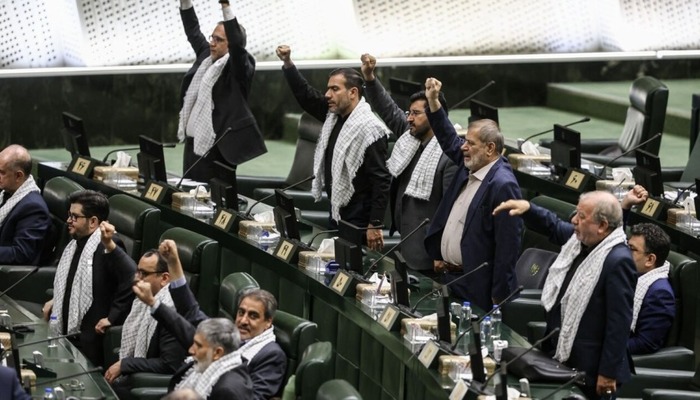In a significant development amid mounting tensions with the West, Iran’s parliament has passed a bill to suspend cooperation with the UN nuclear watchdog, the International Atomic Energy Agency (IAEA). The move was first reported by Iran’s semi-official Nournews and later confirmed by parliamentary spokesman Alireza Salimi.
According to Salimi, the legislation will bar IAEA inspectors from entering Iran unless national nuclear security is “guaranteed.” Future visits from international monitors will now require explicit approval from Iran’s Supreme National Security Council, essentially shifting the decision-making power on inspections to the country’s top security authority.
“The bill was approved in both general and specific terms,” Salimi said. “It will apply to all safeguards-related and broader cooperation with the agency.”
Penalties Introduced for Unauthorized Access
In a further tightening of control, the new bill doesn’t just suspend inspections — it introduces legal penalties for any Iranian individuals or institutions that allow IAEA personnel to enter the country without proper authorization.
That’s a sharp warning to Iran’s internal actors: any collaboration with the UN watchdog, without official clearance, could now be considered a criminal act.
This move essentially shuts the door on routine and even emergency inspections by IAEA officials, undermining global efforts to monitor Iran’s nuclear program — especially at a time when fears are growing about the program’s rapid advancement following recent US airstrikes on Iranian nuclear sites.
Read: US Says Iran ‘Much Further Away’ From Nuclear Weapon After Strikes
Awaiting Final Approval from Supreme Council
While the legislation has passed in parliament, it is not yet final. Iran’s Supreme National Security Council — the country’s highest security authority, which includes top military and intelligence officials — must now formally approve the measure before it becomes law.
Still, the parliamentary vote signals a growing consensus among Iranian lawmakers to push back hard against Western pressure, particularly following what Tehran views as a blatant act of aggression by the US.
“This bill is about protecting national security and asserting sovereignty,” Salimi said, framing the move as a defensive response rather than a provocation.
Global Concerns Rise as Oversight Collapses
International observers have already sounded the alarm. Suspending IAEA cooperation could mean Iran’s nuclear activities will proceed without any independent verification, heightening fears that Tehran may move closer to a nuclear weapon capability.
The IAEA has yet to officially respond, but the agency has previously warned that cutting off access would severely hinder its ability to assess Iran’s nuclear progress.
The decision comes just days after US officials claimed airstrikes caused “substantial damage” to Iran’s nuclear infrastructure — though that claim has faced conflicting reports.
If Iran’s Supreme National Security Council signs off, the move would mark the most serious rupture in UN-Iran nuclear cooperation since the 2015 nuclear deal began to collapse. The international community now faces a dangerous moment — with little visibility, high stakes, and diplomacy hanging by a thread.
Follow us on Instagram, YouTube, Facebook,, X and TikTok for latest updates
